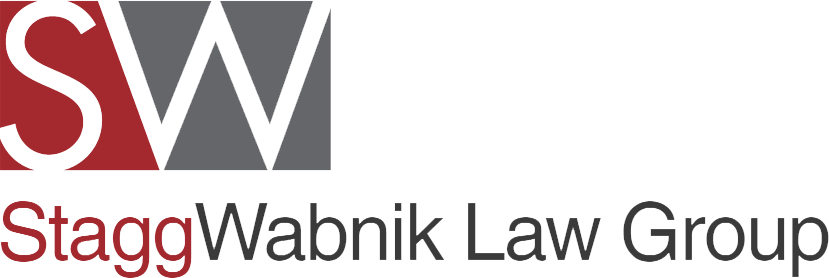Emerging Trends in Securities Law and Their Impact on Corporate Governance
- Stagg Wabnik
- Aug 20, 2024
- 3 min read

The interplay between securities law and corporate governance has become increasingly complex in today’s rapidly evolving business environment. As companies navigate new regulatory challenges, technological advancements, and shifting investor expectations, staying informed about emerging trends is crucial for maintaining robust corporate governance practices. This blog explores key developments in securities law and their impact on corporate governance.
Key Trends in Securities Law
Increased Focus on ESG Disclosures
Environmental, Social, and Governance (ESG) considerations have gained significant traction recently, driven by regulatory bodies and investor demands. The SEC’s proposed rules on climate-related disclosures reflect a broader push for transparency in how companies address environmental and social issues. These regulations require companies to integrate ESG factors into their decision-making processes, influencing corporate governance by mandating more detailed reporting and accountability at the board level. This trend reshapes how companies approach sustainability, making ESG oversight a critical component of effective corporate governance.
Technological Innovations and Regulatory Challenges
The rise of blockchain technology and digital assets, including cryptocurrencies, presents new challenges for securities regulation. The SEC’s evolving stance on Initial Coin Offerings (ICOs) and other blockchain-based financial instruments highlights the need for updated regulatory frameworks. These innovations are redefining the economic landscape and impacting corporate governance. For instance, blockchain technology influences shareholder voting mechanisms, making governance processes more transparent and efficient. However, this also requires companies to adapt their governance practices to manage the associated risks, such as cybersecurity threats.
Heightened Scrutiny of Corporate Disclosures and Reporting
Regulators are increasingly focused on the accuracy and completeness of corporate disclosures, particularly about financial performance and risk management. Recent enforcement actions by the SEC underscore the importance of robust internal controls and governance frameworks to ensure compliance with evolving disclosure requirements. This heightened scrutiny pushes companies to enhance their reporting practices and ensure that their governance structures meet these demands.
Evolving Standards for Board Composition and Diversity
Regulators and investors alike are advocating for greater diversity on corporate boards. The introduction of Nasdaq’s board diversity rule and similar initiatives highlight the growing emphasis on gender, racial, and professional diversity in corporate governance. This trend responds to regulatory requirements and reflects broader societal shifts. Companies are now under pressure to ensure that their boards are composed of individuals with diverse perspectives and expertise, which can enhance decision-making and improve overall governance practices.
Enhanced Enforcement of Insider Trading Regulations
Insider trading remains a significant focus for securities regulators, with recent cases illustrating the increasing use of advanced data analytics to detect suspicious trading activity. This trend has important implications for corporate governance, underscoring the need for strong compliance programs and ongoing education for executives and employees about insider trading laws. Ensuring that all levels of the organization know these regulations is crucial for maintaining trust and integrity in the financial markets.
Impact on Corporate Governance
Board Responsibilities and Accountability
As securities laws evolve, corporate boards face greater accountability to ensure compliance with new regulations. This includes overseeing ESG disclosures, managing technological risks, and ensuring accurate financial reporting. The board’s expanding role in these areas influences board composition, with a growing need for directors with the necessary expertise to navigate these complex issues.
Strengthening Internal Controls and Compliance
Companies are enhancing their internal controls and compliance frameworks in response to increased regulatory scrutiny. This involves regular compliance audits, robust risk management strategies, and continuous training for board members and executives. Effective corporate governance now requires a compliance culture permeating the organization, ensuring all stakeholders are aligned with the company’s legal and ethical obligations.
Shareholder Engagement and Activism
Shareholders increasingly demand transparency and accountability from corporate boards, particularly in areas like ESG, board diversity, and executive compensation. Companies are adapting their governance practices to address these concerns, focusing on proactive engagement and communication with shareholders. This trend drives a more participatory approach to corporate governance, where shareholder input significantly shapes company policies.
Contact Stagg Wabnik Law Group
Navigating the complexities of securities law and corporate governance requires a proactive and informed approach. Companies that stay ahead of regulatory changes, embrace technological advancements, and foster a culture of compliance are better positioned to thrive in this dynamic environment.
For expert guidance on securities law and corporate governance, contact Stagg Wabnik Law Group at (516) 812-4550 or visit our contact page to schedule a consultation. Our experienced attorneys are here to help you navigate these challenges with confidence and clarity.





Comments